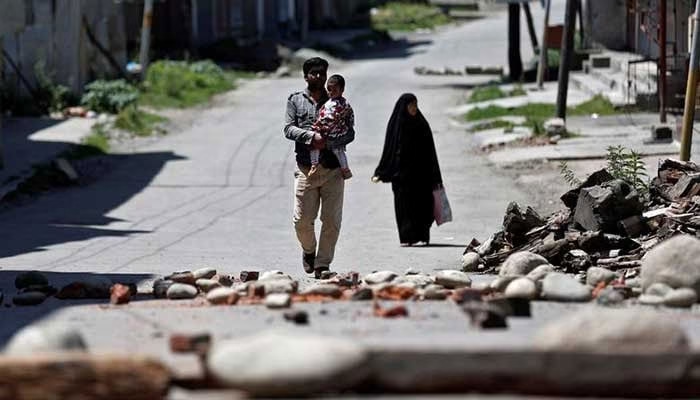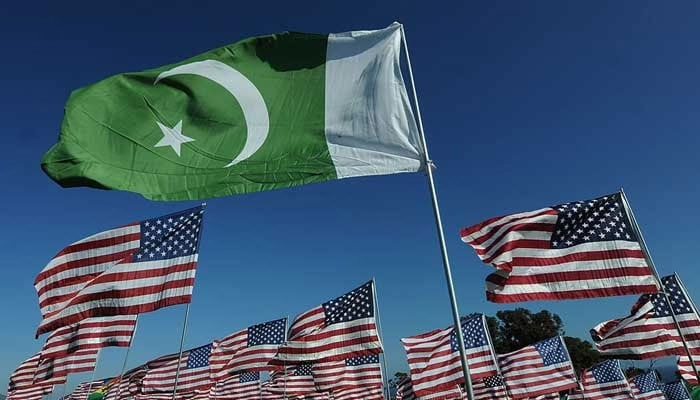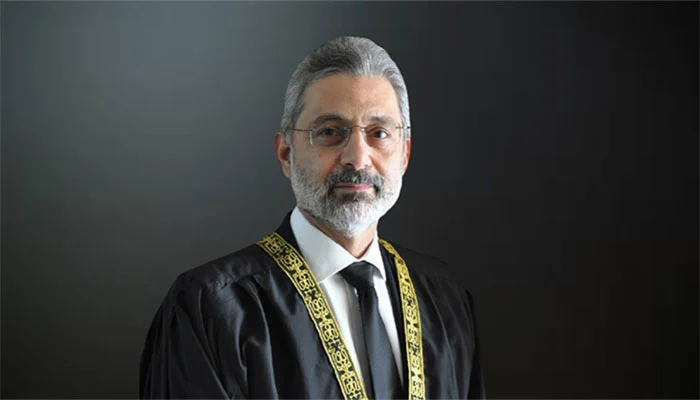On August 5, 2025, Pakistan observed Youm-e-Istehsal Kashmir, marking six years since India’s unilateral revocation of Article 370 and the illegal annexation of Indian Illegally Occupied Jammu and Kashmir (IIOJK). The day was commemorated nationwide with renewed pledges from Pakistan’s civil and military leadership to support the Kashmiri people in their right to self-determination, as enshrined in United Nations Security Council resolutions.
The term Youm-e-Istehsal Kashmir — translated as the “Day of Exploitation of Kashmir” — symbolizes a national protest against the Indian government’s actions on August 5, 2019, when it stripped IIOJK of its special status and reorganized it into two union territories. The move has been condemned globally, and Pakistan continues to spotlight the issue as a core element of its foreign policy.
A Core Pillar of Pakistan’s Foreign Policy
Prime Minister Shehbaz Sharif emphasized that the peaceful resolution of the Jammu and Kashmir dispute remains a central pillar of Pakistan’s foreign policy. In a strongly worded statement, he denounced India’s attempt to alter the demographic structure and political landscape of IIOJK through unconstitutional means.
Referring to India’s actions as violations of international law, norms, and UN resolutions, the prime minister called on the global community to intervene. He urged international powers to push India toward repealing draconian laws and ending systemic human rights abuses in the region.
Sharif highlighted that the people of Kashmir continue to suffer under military lockdown, media censorship, and the suppression of civil liberties. Yet, he praised their unbreakable spirit and resilience in the face of decades of occupation.
President Zardari Highlights Demographic Engineering
President Asif Ali Zardari, in his message on Youm-e-Istehsal Kashmir, reiterated Pakistan’s unwavering support for the Kashmiri people. He warned that India’s actions over the past six years—including gerrymandering of constituencies, issuing domicile certificates to outsiders, and allowing non-Kashmiris on voter rolls—were deliberate attempts to change the demographic composition of the region.
President Zardari stressed the importance of international pressure on India to uphold the rights of Kashmiris. He emphasized that only a solution aligned with the UN resolutions and the wishes of the Kashmiri people could bring lasting peace to South Asia.
Armed Forces Reiterate Commitment to Kashmir Cause
Pakistan’s military leadership also issued a unified message on Youm-e-Istehsal Kashmir. Chief of Army Staff General Asim Munir, along with other service chiefs, reaffirmed their unwavering moral and diplomatic support for the Kashmiri struggle.
A statement released by the Inter-Services Public Relations (ISPR) condemned India’s military siege, systemic human rights abuses, and attempts at demographic manipulation in IIOJK. It underscored the need for a just and peaceful resolution to the conflict for regional stability.
The military also paid tribute to the martyrs of Kashmir and reaffirmed Pakistan’s resolve to stand by the people of the region until they achieve their legitimate right to self-determination.
A Call for Global Attention
Despite India’s attempts to project a “normalcy” narrative in Kashmir, international human rights organizations have repeatedly raised concerns. According to Amnesty International and Human Rights Watch, the region continues to experience:
- Excessive use of force and arbitrary detentions
- Crackdowns on journalists and human rights defenders
- Communication blackouts and restricted access to the internet
- Repression of peaceful protests and civil liberties
Pakistan’s leadership used Youm-e-Istehsal Kashmir to urge the United Nations and global powers to break their silence and pressure India into complying with international law.
The Role of Civil Society
In Pakistan, Youm-e-Istehsal Kashmir was marked by rallies, seminars, and media broadcasts highlighting the plight of Kashmiris. From Islamabad to Muzaffarabad, the Pakistani public expressed solidarity with the Kashmiri cause through peaceful demonstrations, social media campaigns, and cultural events.
Educational institutions held discussions and poster exhibitions to educate students about the historical and political dimensions of the Kashmir issue. These activities aimed to reinforce national unity and ensure that the younger generation remains engaged with the ongoing crisis.
A Long Road Ahead
While Pakistan continues to raise the Kashmir issue on international forums such as the United Nations, the Organization of Islamic Cooperation (OIC), and global human rights bodies, a breakthrough remains elusive. Yet, the unwavering commitment shown on Youm-e-Istehsal Kashmir reflects a united national stance.
The path to justice for the people of IIOJK remains complex and challenging. However, Pakistan’s leadership, civil society, and armed forces have made it clear that they will not relent in their efforts until Kashmiris are granted their right to self-determination.



